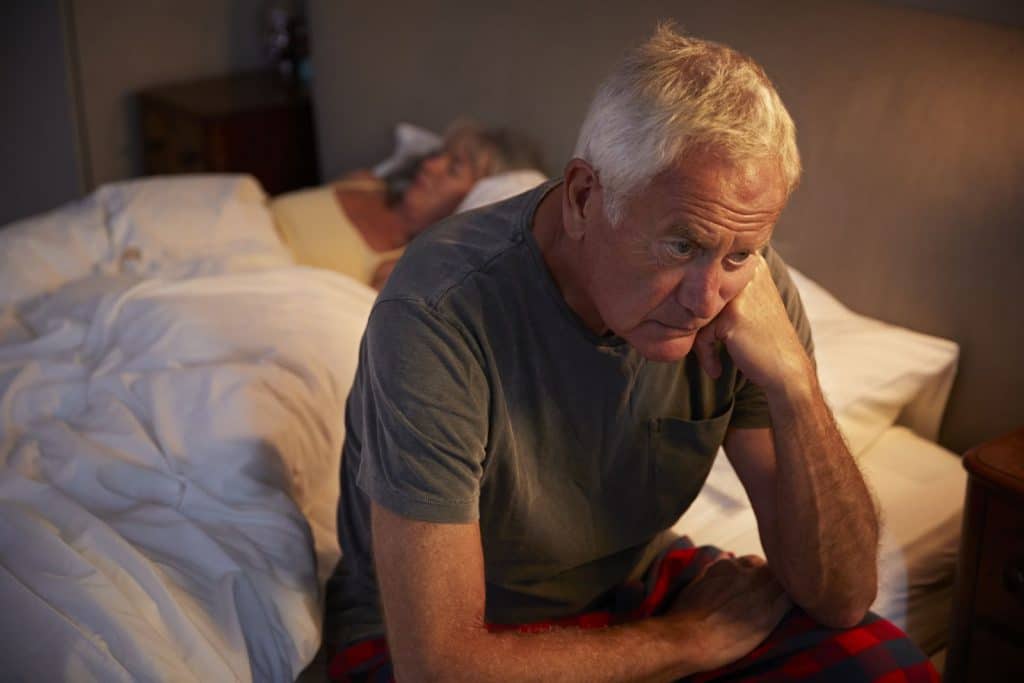I’m sure it’s no shock to learn that your mood can have an impact on your sleep! When we’re wound up emotionally, sleep can be very hard to achieve. The link between your sleeping and your moods is actually a pretty complex area. Just as being in a negative mood can make sleep impossible, insufficient or constantly interrupted, sleep can lead to anxiety or depression. Regardless of which happens first, the result is that a poor mood and bad sleep go together. If you think your mood might be a factor in your sleeping troubles, here are three ways to tell.
You’re always “on”
Do you constantly worry about things as you climb into bed to sleep? Whether you are tossing and turning all night with anxious thoughts filling your mind or just have a general negative feeling, the inability to silence that pessimistic chatter on your mind during the night is a large contributor to sleeping troubles. In fact, as noted by WebMD, depression and insomnia often occur together (https://www.webmd.com/depression/features/sleep-problems#1). Close to 80 percent of people with depression have trouble falling or staying asleep.
You’re dragging in the daytime
Feelings of anxiety and depression can make it more difficult for you to sleep or sleep as deep as you need to. They also cause you to experience sleeping patterns that are more fragmented, and this can leave you feeling tired the next day even if you were asleep for the recommended seven to nine hours the night before. Of course, low energy is also linked to depression, so it’s tough to tell if your daytime drowsiness is related to a low mood itself or mood-related disturbed sleep. In either case, if you are sleepwalking through your day even though you were in bed for plenty of hours the night before, your mood could be a factor.
You’re having bad dreams
Everyone has a bad dream once in awhile, but having frequent bad dreams is linked to anxiety and depression alongside a lower life quality and poor sleep. It’s a difficult cycle to break: negative or disturbing dreams can make you wake up and struggle to go back to sleep. Then, that lack of good sleep can leave you feeling out of sorts emotionally the next day, which will impact how you sleep later that night.
Struggling with sleep is never fun, and it’s not good for your health, either. Speak to your doctor if you are finding good sleep to be outside of your reach on a regular basis.




